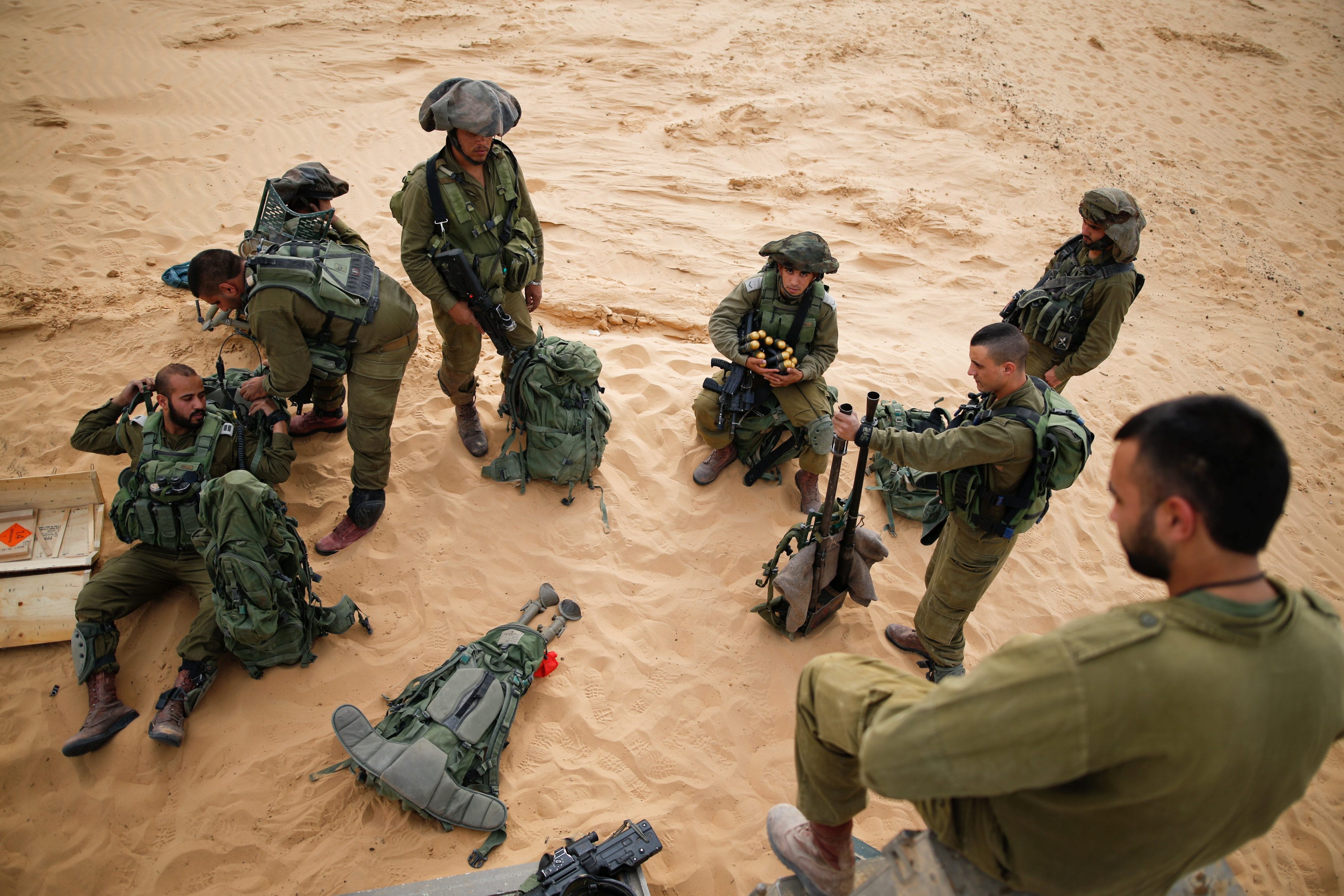
By Jeffrey Heller
JERUSALEM (Reuters) – Israel’s Benjamin Netanyahu has resumed his attacks on a nuclear deal with Iran, seeking Donald Trump’s help to smash a cornerstone of the Obama administration’s foreign policy legacy.
Following up on remarks he made this month to a Washington think tank, the conservative Israeli prime minister said on CBS’s “60 Minutes” on Sunday “there are ways, various ways of undoing” last year’s accord.
The Republican president-elect is also no fan of the deal between Iran and six world powers under which Tehran agreed to suspend a suspected drive to develop atomic weapons in return for a lifting of most sanctions against it.
During the U.S. election campaign, Trump called the pact – against which Netanyahu lobbied long and hard – a “disaster” and “the worst deal ever negotiated”. But he has also said it would be hard to overturn an agreement enshrined in a U.N. resolution.
Asked if he had any ideas on how to unravel the deal, Netanyahu said on the television program: “Yeah, I have about five things in my mind”. Pressed for specifics, he said: “I’ll talk about it with President Trump.”
That discussion will likely take place soon after Trump’s Jan. 20 inauguration. Shortly after the election, Netanyahu said he and Trump had agreed to meet at the first opportunity.
Scrapping the deal would, at the very least, be complicated.
“It’s difficult to see the advantage for the U.S. in abrogating the deal at this stage,” said Jacob Parakilas, an expert on U.S. foreign policy at Chatham House, a London-based think tank.
“It would be nearly impossible to convince Europe, Russia and China to restore their sanctions on Iran in the absence of clear evidence of Iranian violations of the deal. So any sanctions the U.S. restored would have much less impact on the Iranian economy,” he said.
Yair Lapid, an Israeli opposition leader, said he doubted whether the deal could be undone given “the Chinese, Russians and Europeans are already in Iran signing deals”, and he said any discussion on it should take place “behind closed doors”.
In the run-up to Trump’s inauguration, Netanyahu has been laying the groundwork for a closer relationship with Trump.
The two met in September on the sidelines of the U.N. General Assembly in New York, when the Israeli leader also held talks with Democratic presidential candidate Hillary Clinton. A week after the election, Netanyahu sent his U.S. ambassador, Ron Dermer, to see the president-elect and his transition team.
Dermer hailed Trump as “a true friend of Israel”.
CHEMISTRY
Netanyahu has used similar language to describe Obama, but the superlatives have done little to mask a lack of personal chemistry and a relationship strained by policy differences over Iran and Jewish settlement on occupied land.
In recent months, however, Netanyahu had largely refrained from attacking the Iran deal as Israel finalised a 10-year, $38 billion military aid package with the Obama administration.
Nearly a year ago, the commander of Israel’s armed forces, Lieutenant-General Gadi Eisenkot, offered a nuanced view of a deal that Netanyahu had dubbed a historic mistake. The agreement, Eisenkot said in a speech, presented many risks but also “many opportunities”.
Trump, himself, could also face opposition from within his new administration to cancelling the Iran deal.
James Mattis, the former general who Trump said he intends to nominate as secretary of defence, has called for strict enforcement of the agreement but stopped short of calling for its abrogation.
“It may be possible in time to build up support for a multilateral restoration of sanctions,” Parakilas said. “But at the moment that’s just not really the case – and ending U.S. participation in the deal right now would make it more, not less, difficult.”
Last year, before the agreement was signed, Netanyahu angered the White House by addressing the U.S. Congress, where he argued that the deal would pave Iran’s path to nuclear arms.
Three years earlier, he famously held up a cartoon bomb at the United Nations, drawing a red line just below a label reading “final stage” to a nuclear device.
But Netanyahu seemed to backtrack in the interview.
Asked if Iran, which has denied seeking atomic weapons, would move quickly towards a bomb if the agreement was undone, Netanyahu said that was not the case prior to its signing.
“I think Iran didn’t rush to the bomb before there was a deal,” he said.
“Really?” his questioner asked.
“No, because they were afraid of retribution,” Netanyahu said.
(Editing by Luke Baker and Alison Williams)

















